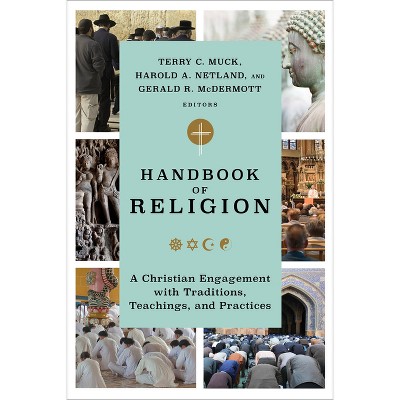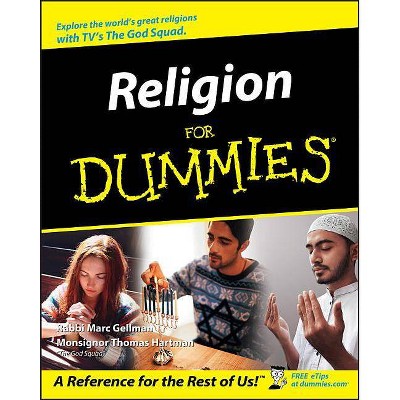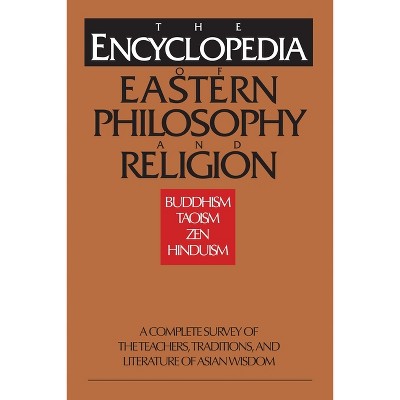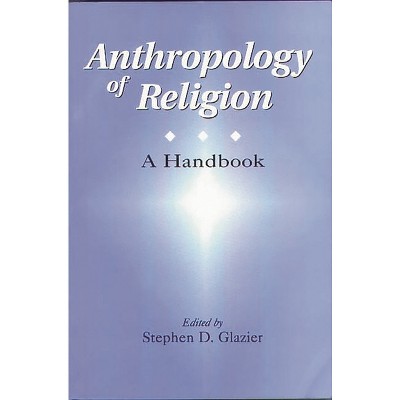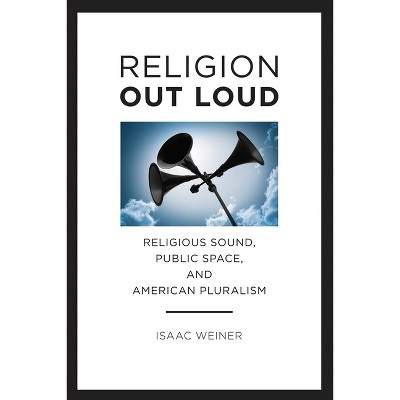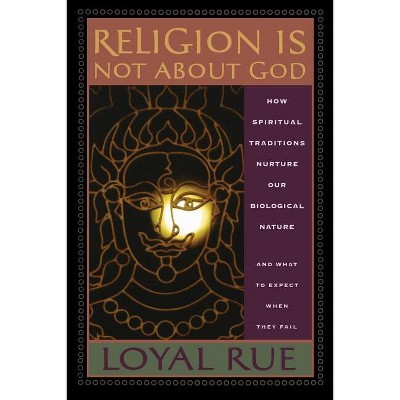Religion as a Chain of Memory - by Daniele Hervieu-Leger (Paperback)

About this item
Highlights
- For most of the last twenty years, sociologists have studied the "decline" of religion in the modern world-a decline they saw as a defining feature of modernity, which promotes materialism over spirituality.
- About the Author: A graduate of the Institut d'Études Politiques de Paris with a doctorate in sociology, she is also editor of the journal Archives des sciences sociales de la religion.
- 216 Pages
- Religion + Beliefs, Reference
Description
About the Book
For most of the last twenty years, sociologists have studied the "decline" of religion in the modern world--a decline they saw as a defining feature of modernity, which promotes materialism over spirituality. The revival and political strength of varying religious traditions around the world, however, has forced sociologists to reconsider. This paradox has led Hervieu-Léger to undertake a sociological redefinition and reexamination of religion. For religion to endure in the modern world, she finds, it must have deep roots in traditions and times in which it was not defined as irrelevant. This reasoning leads her to develop the concept of a "chain of memory"--a process by which individual believers become members of a community that links past, present, and future members.Book Synopsis
For most of the last twenty years, sociologists have studied the "decline" of religion in the modern world-a decline they saw as a defining feature of modernity, which promotes materialism over spirituality. The revival and political strength of varying religious traditions around the world, however, has forced sociologists to reconsider.
This paradox has led Hervieu-Léger to undertake a sociological redefinition and reexamination of religion. For religion to endure in the modern world, she finds, it must have deep roots in traditions and times in which it was not defined as irrelevant. This reasoning leads her to develop the concept of a "chain of memory"-a process by which individual believers become members of a community that links past, present, and future members. Thus, like cultural tradition, religion may be understood as a shared understanding with a collective memory that enables it to draw upon the deep well of its past for nourishment in the increasingly secular present.
Hervieu-Legér also argues that the modern secular societies of the West have not, as is commonly assumed, outgrown or found secular substitutes for religious traditions; nor are they more "rational" than past societies. Rather, modern societies have become "amnesiacs," no longer able to maintain the chain of memory that binds them to their religious pasts. Ironically, however, even as the modern world is destroying and losing touch with its traditional religious bases, it is also creating the need for a spiritual life and is thus opening up a space that only religion can fill.About the Author
A graduate of the Institut d'Études Politiques de Paris with a doctorate in sociology, she is also editor of the journal Archives des sciences sociales de la religion. She was a researcher at the National Center for Scientific Research (CNRS) from 1974 to 1993.[1] As president of the École des hautes études en sciences sociales (EHESS) from March 2004 to March 2009, she undertook significant changes in the institution, particularly lowering the level of students before admission to the Master to abandon school diploma for the benefit of aligning the university system of LMD. She has also initiated a relocation of the school outside Paris, in Seine-Saint-Denis, to integrate it into a new academic center for education, now called "Campus Condorcet", whose composition is constantly changing. In late 2008, Hervieu-Léger was appointed by the Minister of Research, Valérie Pécresse, Chair of the Steering Committee for developing the national strategy of research and innovation, [2] and resigned in 2009.[3] Among her awards, she received the CNRS Silver medal in 2001, was named Knight of the Ordre National de la Légion d'Honneur and Officer of the National Order of Merit and the Academic Palms.[1] She wrote a number of books and articles, notably on the Catholic Church[4][5] and on cults.[6][7]Shipping details
Return details
Trending Poetry






